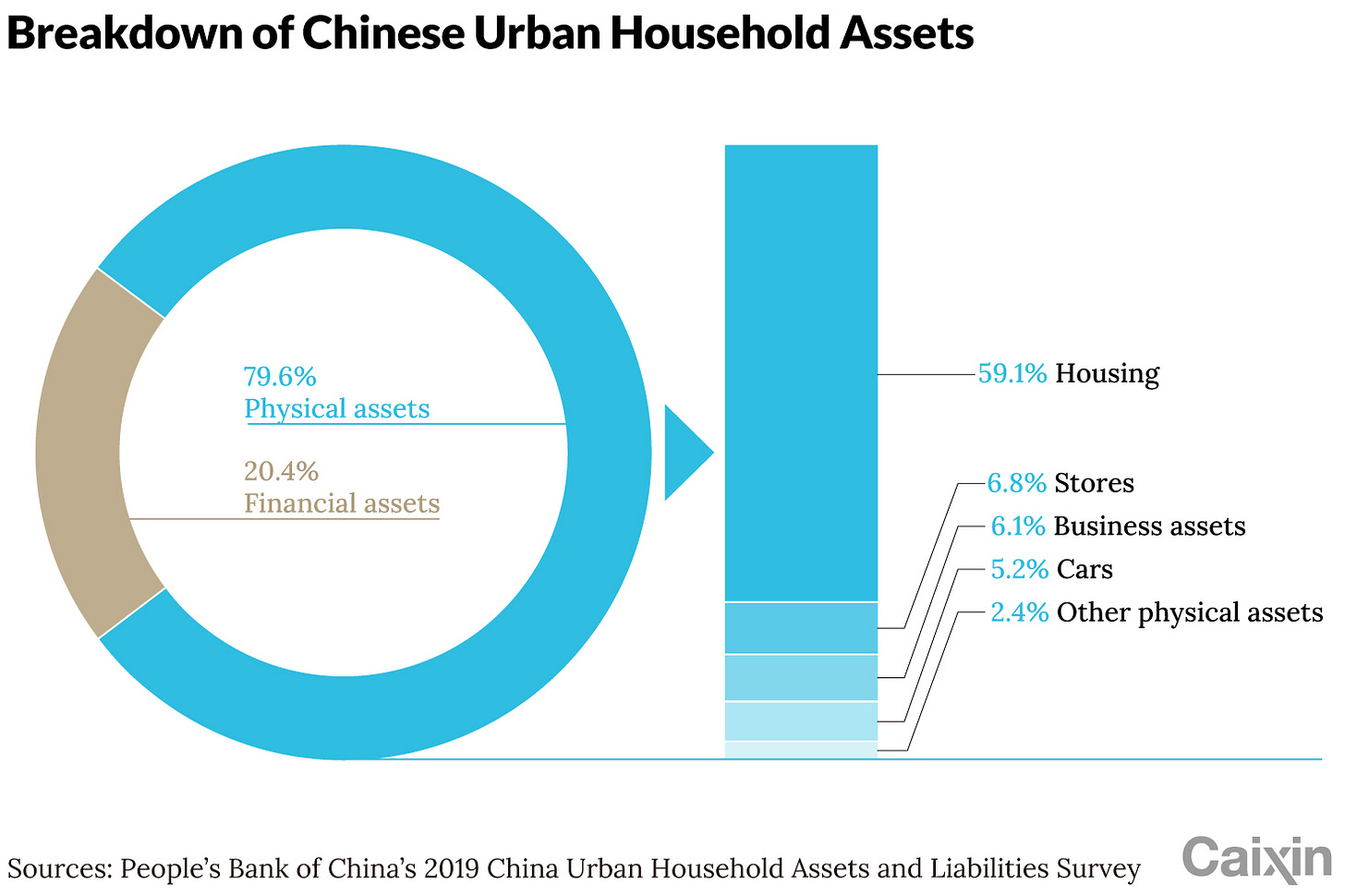Has the Chinese Consumer Changed for Good? (Part 2)
Profound changes in financial capabilities and expectations for future income have shifted consumers’ attitudes, with emotional satisfaction becoming a more important factor
We propose a simple framework, grounded in three core assumptions that influence consumption, to explain consumer spending trends in China and their implications for businesses and society.
Capacity constraints: At the fundamental level, current income and expectations of future income constrain consumption.
Purpose of consumption: Consumption is driven not only by functional needs arising from factors such as age, gender and family status, but also by emotional needs. These include the desire of consumers to express themselves, showcase their tastes, and develop group identity through their purchasing choices.
Commercial momentum: Consumption trends are always a result of the interplay between demand and supply, seeking each other out and mutually fostering integration. When the market for different consumer groups is sufficiently large and accessible to producers, they will adjust their products to improve efficiency in competition, creating a feedback loop where product changes spur changes in demand.
We will start by analyzing the first dimension: buying capacity.
Did income shocks create an M-shaped society?
The economic ramifications of the pandemic on consumer finances are well-documented, yet several critical, less obvious questions persist:
• Has the pandemic economy led to an M-shaped division of income, exacerbating wealth disparity?
• Does the middle class still exist in China, or is it on the rise?
• Did the pandemic significantly alter the Chinese middle class’ wealth or their spending attitudes?
Keep reading with a 7-day free trial
Subscribe to Caixin Global China Watch to keep reading this post and get 7 days of free access to the full post archives.




